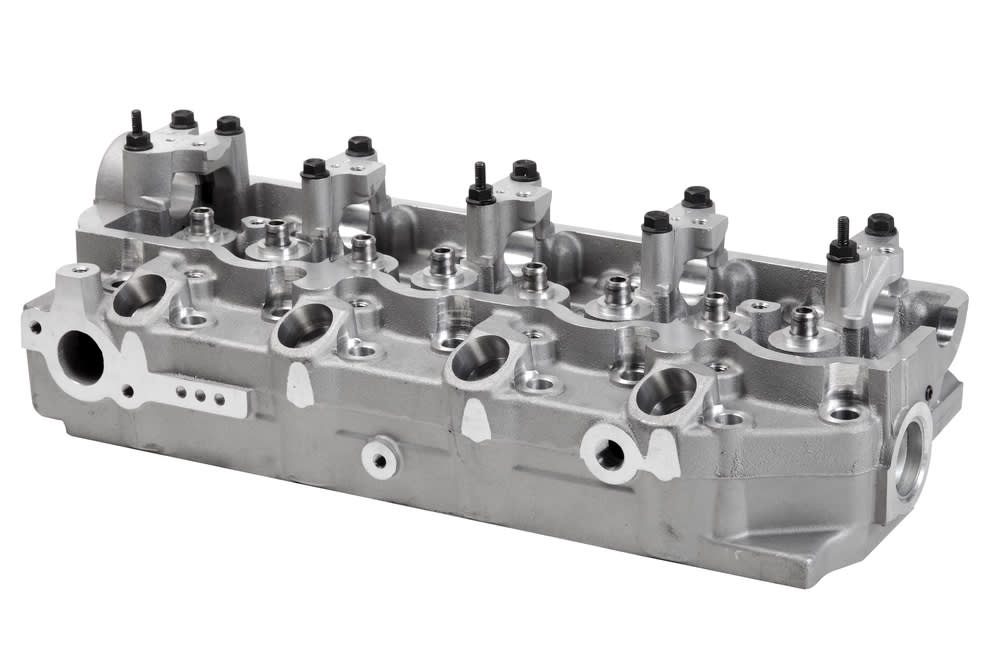

The cylinder head is one of the single most critical parts of your car’s mechanics, and one part that can trigger the most engine damage if it becomes compromised.
The cylinder head, along with the head gasket, sits on top of the engine block, creating a perfect seal over the cylinders that allows the pistons to function and protects the engine’s delicate components. It also maintains the vacuum necessary for the engine to operate normally. If this cylinder head develops a leak, cracks, or sustains other damage, it can bring the engine to a grinding halt – and quickly. The damage caused by a bad cylinder head can be so severe that the engine itself could end up needing replacement.
Obviously you want to keep the head in the best possible condition in order to keep your engine running smoothly and prevent significant damage. If something does happen to it, you’ll want to have a mechanic check out the problem immediately. Signs of a bad cylinder head include:
Leaking oil around the head – engine oil circulates in the engine block so if there’s a crack or other compromise, oil may seep out.
Misfiring – because the head maintains proper compression in the engine, if it’s damaged you will notice the engine “missing” or running abnormally.
Leaking coolant – anti-freeze keeps the engine cool, and if you notice it leaking around the head, there’s likely a problem.
Smoking head – the operation of the engine produces smoke, so if the head is leaking you may see it coming through.
If you’re lucky enough to catch the broken head before your engine blows, there are some things you should take into consideration to prevent the problem from happening with the new cylinder head.
How to make sure you’re getting a good quality cylinder head
Be careful with rebuilt cylinder heads. This is a very expensive part (from $200 up to a thousand or more) so you may be eager to save a few hundred by going with a remanufactured head. If you do choose this route, only go with a shop that has positive reputation, and make sure you ask to see all the documentation for the new parts used in the rebuild. It can be reasonable to go with remanufactured cylinder heads for a very old vehicle that may not outlast a pricey brand new head.
Choose compatible metal. Cylinder heads come in aluminum or cast iron but don’t just choose randomly – use whatever your engine block is made of. The two metals contract and expand at different rates under heat and pressure so mismatched components is just asking for cracking.
Make sure the bolts match. Whether your head cracks or the bolts aren’t the right ones for the head and engine block, it won’t matter how the damage happens once your engine blows. Improperly fitting bolts won’t hold the head in the tight fit needed to protect your engine.
Look for a warranty – even on rebuilds. Get the best possible mix of guarantee and price that you can afford.
Replacing your engine’s cylinder head is a difficult, involved process that is best performed by an experienced mechanic. YourMechanic supplies top-quality cylinder heads to our certified mobile technicians. We can also install a cylinder head/temperature sensor that you've purchased. Click here to get a quote for a cylinder head/ temperature sensor replacement



